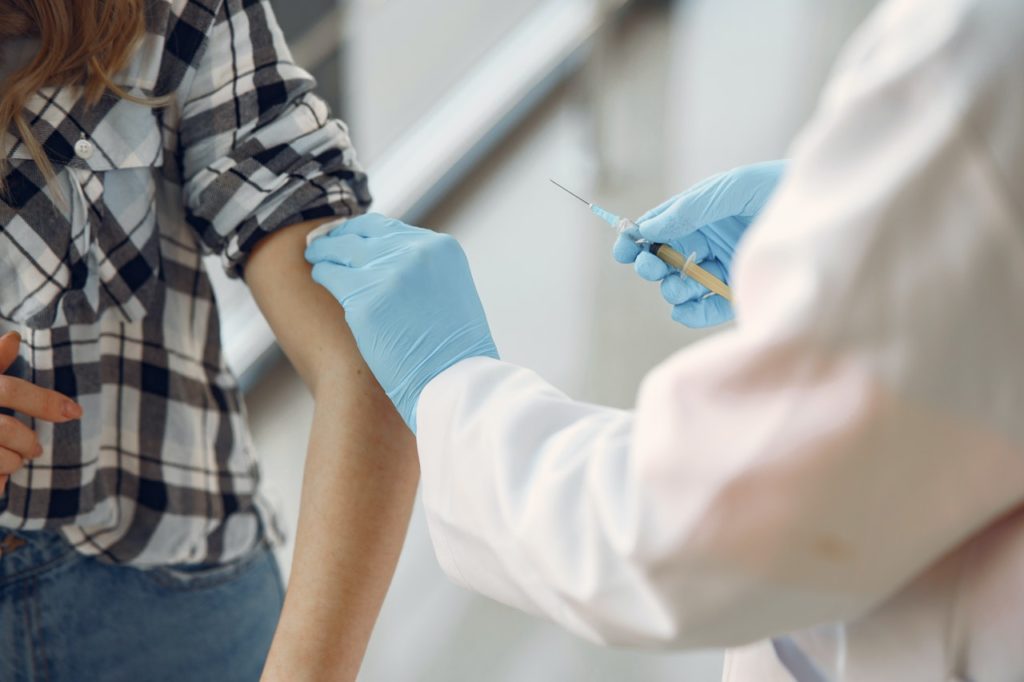One might think that medical advancements are made by healthcare professionals alone. After all, they have the knowledge and expertise to do the necessary trials and experiments that will further research. But private citizens can play a larger part than what may seem possible.
There are several ways that “normal” people can participate in moving medicine forward. Many are just not aware that the opportunities are out there. For the benefit and convenience of interested citizens who do not know where to begin in extending their help, here are the next steps that you can take.
Join a Clinical Trial
You may have already heard of patients with rare forms of illnesses taking part in research studies and trials. These are done to learn more about a particular disease and ultimately find the best curing method. But do you know that healthy individuals may also join clinical trials?
Healthy volunteers who join clinical trials similarly get to help in advancing the treatment and prevention of illnesses. They are also a good point of comparison for patients with specific illnesses, where they act as controls for trials.
By taking part in clinical trials, volunteers may have the unique chance of getting access to expert treatments that are not yet offered widely. Some companies also provide compensation or other types of benefits for participation. Trials have particular requirements, so it is best to get in touch with a clinic to learn more about any ongoing clinical trials.
Take Part in Surveys
Sometimes opportunities to participate in medical surveys also come up. Many of these came up due to the COVID-19 pandemic. An example is the Household Pulse Survey, which helped track people’s mental social, and economic health during the pandemic.
When approached, join these surveys to help researchers gain more insights and gather statistics on particular conditions and experiences. Gathering this kind of information helps healthcare professionals recognize the prevalence of certain health conditions and other valuable data.
On the other hand, medical practitioners also have the opportunity to join paid medical surveys, in which private companies request professional insights on a variety of health-related topics. These are good opportunities for passive income.

Participate in Citizen Science Projects
Citizen science is the practice of involving volunteers in gathering and monitoring data for research projects. Collected information helps scientists move forward with their studies. Additionally, it is a great way for civilians to gain further understanding of scientific concepts.
An innovative application of this in forwarding health research is Stanford Medicine’s Our Voice: Citizen Science for Health Equity. Citizen scientists document their own environments on the free Discovery Tool app, contributing to research that shows the ways communities affect health.
Donate to Research Organizations
Numerous organizations are primarily focused on doing further research on a variety of illnesses. Examples of this are the Cancer Research Institute, which studies immunotherapy for all kinds of cancer, and the Cystic Fibrosis Foundation, which researches genetic disorders. Donating to these facilities helps them continue funding projects and doctors in better understanding sicknesses.
Before donating, carefully review how donations are being used and what percentages are being allotted to which areas. Also, check the public perception and reputation of the organization. Are they generally considered trustworthy? What other groups are they affiliated with?
Note that many institutions regularly need funding for a variety of research projects. The decision to donate boils down to which organization you believe needs it most or uses the funding most effectively.
Help Spread Awareness
Before spreading awareness about important research or illnesses, you must first remain informed about such subjects. Today the internet has made it much easier to learn more about these, so browse through news sites and health news platforms to stay updated.
Participation as simple as taking part in awareness days and social media challenges often help spread awareness about important healthcare topics. A successful example of this was the Ice Bucket Challenge, which became popular in 2015. Along with pouring ice water over one’s head, it also invited challengers to donate a small amount to research for amyotrophic lateral sclerosis, or ALS.
Indeed, they might sometimes seem unnecessary. But one cannot deny that social media challenges and small acts online have introduced important information to the public.
Citizen participation in forwarding healthcare not only benefits patients and medical professionals. Public involvement makes health more accessible to a larger group of people and further encourages needed innovations in the area of medicine.

